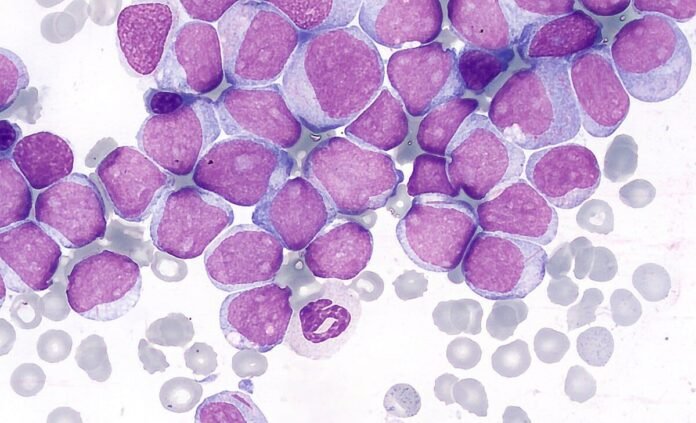Pakistani researchers have found that subtle chemical changes in the blood of leukemia patients could pave the way for quicker diagnosis and better monitoring of treatment response.
The study published in Scientific Reports (Springer Nature) focused on acute myeloid leukemia (AML). It is fast-progressing blood cancer that affects the bone marrow and blood-forming cells.
Despite medical advances, predicting how a patient will respond to chemotherapy remains a significant challenge. The researchers believe that metabolomics (the scientific study of small molecules or metabolites in the body) may offer a breakthrough.
Led by Shabbir Hussain, Dr Farhat Bano, and Dr Muhammad Asif Naveed, all from the University of Health Sciences (UHS), the team analysed blood samples from 56 AML patients (taken before and after chemotherapy). The doctors compared them with 56 healthy individuals matched for age and gender.
The team used a powerful magnetic resonance technique known as NMR spectroscopy to test the samples. The technique capable of detecting minute biochemical changes. Shabbir Hussain will be awarded a PhD degree in Biochemistry based on this research, which was approved in the 218th meeting of the Advanced Studies and Research Board held on Thursday, with UHS Vice Chancellor Prof. Ahsan Waheed Rathore in the chair.
Findings:
The findings revealed clear differences in the metabolite profiles of AML patients compared to healthy controls. Significant disruptions were observed in lipid metabolism, amino acid metabolism, and energy production pathways such as glycolysis.
More notably, the study found that certain metabolites could distinguish between patients who responded to chemotherapy (remission group) and those who did not. Metabolites such as acetate, creatine, and lactate showed a high diagnostic accuracy (98%) for AML, while citrate, glutamate, and choline demonstrated strong prognostic value in assessing treatment response.
“These biochemical markers offer promising tools for both early diagnosis and treatment monitoring of AML,” said Dr Naveed. “They may help reduce delays in treatment decisions and enable more personalised cancer care in the future.”
The study adds to growing global interest in personalised medicine, where a patient’s unique biological profile guides diagnosis and treatment. It also highlights the potential of integrating advanced metabolomic technologies into routine cancer care, particularly in developing countries.



